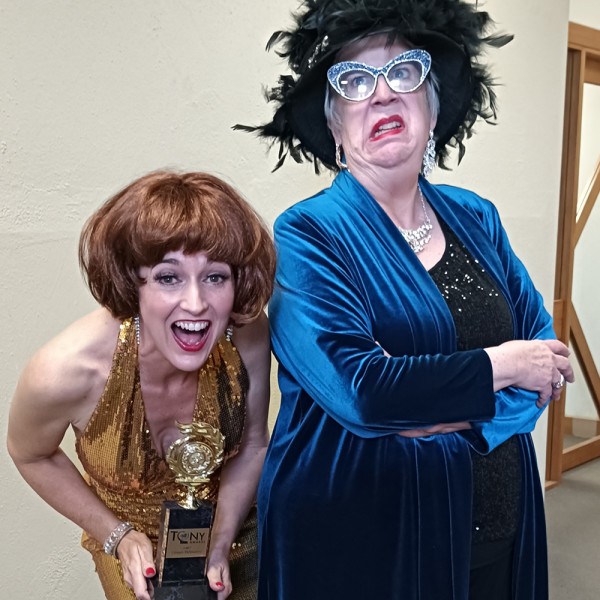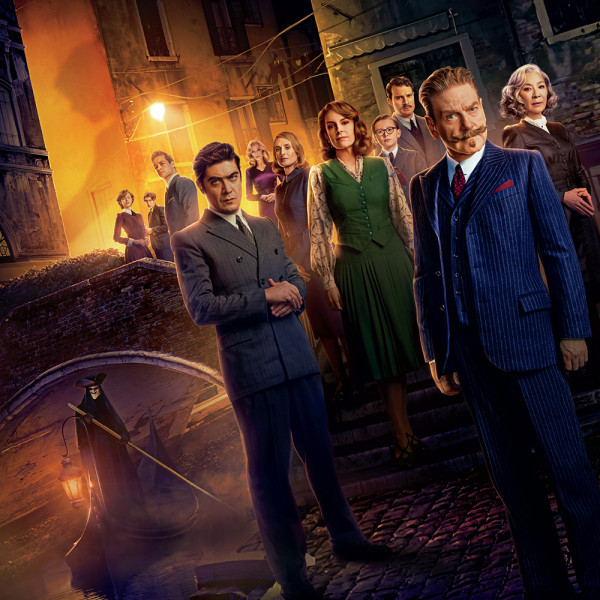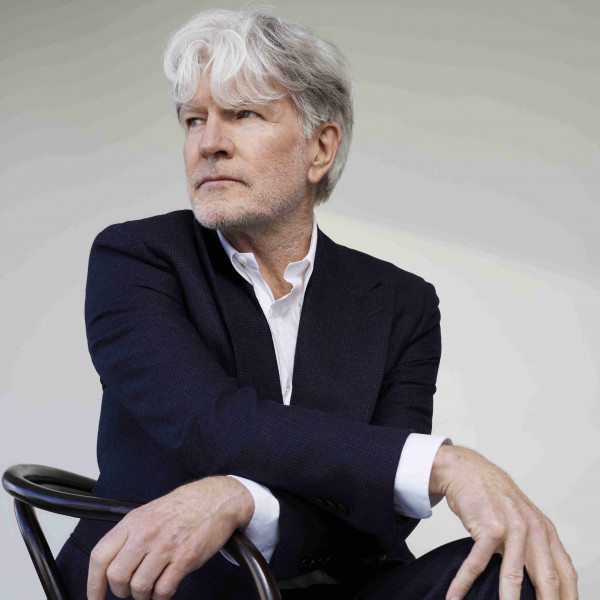
Ruthless! The Musical
Presented by: Kauri Theatre Company
Directed by: Bonita Edwards
Gryphon Theatre, 11th Oct 2023
Reviewed by: Zac Fitzgibbon
Oh, how I would kill to watch this show again. With music by Marvin Laird and book and lyrics by Joel Paley, Ruthless! is a hilarious musical about a daughter who would do literally anything to get the lead role. Maybe even murder...
With such a talented, professional cast that commits wholeheartedly to the performance, this show is bound to make you laugh. Every quip corrals the audience into collective laughter.
One of the most hilarious moments in the show is Lita Encore’s (Jane Keller) humorous number I Hate Musicals. It’s nice to watch a fellow theatre critic singing on stage. However, I shudder to think how ruthless Lita Encore would be if she ever got the chance to review this show, because Ruthless! deserves all the praise it can get.
I thoroughly love musical director Sarah Lineham’s portrayal of Judy Denmark. Her performance puts me in mind of Rachel Bloom and Jane Krakowski. It is extremely satisfying to see her subtly portray Judy’s character development through the show. Lineham has excellent control of her voice. In saying that, all the performers do, with each musical number a thrill to listen to. It is furthermore impressive that there are no mics used in the show and each performer is able to project their voice so skilfully.
Addy Stone as Tina is bursting with talent and certainly has a future on the stage (just don’t cast her as an understudy… seriously). I would love to see the other Tinas; I have no doubt they are equally as talented and wish them the best for the season. It’s great to see young actors supporting the cast.
The set (Rob Romijn) is a perfect backdrop for the show. The two different sets between acts cleverly represent the characters’ development. Costumes managed by Cathy Lee epitomise each of the characters and give them even more depth.
This side-splitting show about mother-daughter relationships and the ambitions that can get in the way is not to be missed. You would be ruthless to skip out on this wickedly funny musical.











